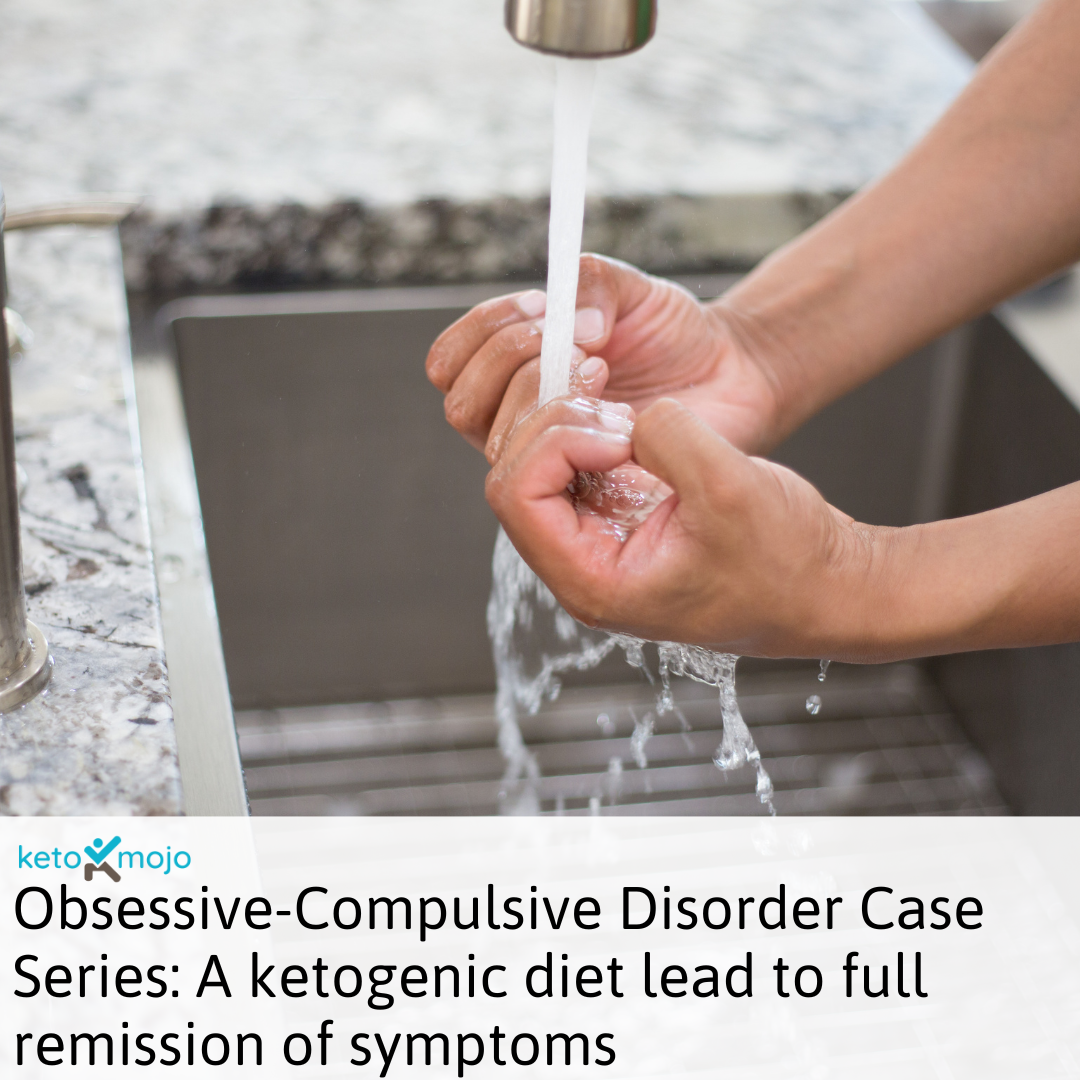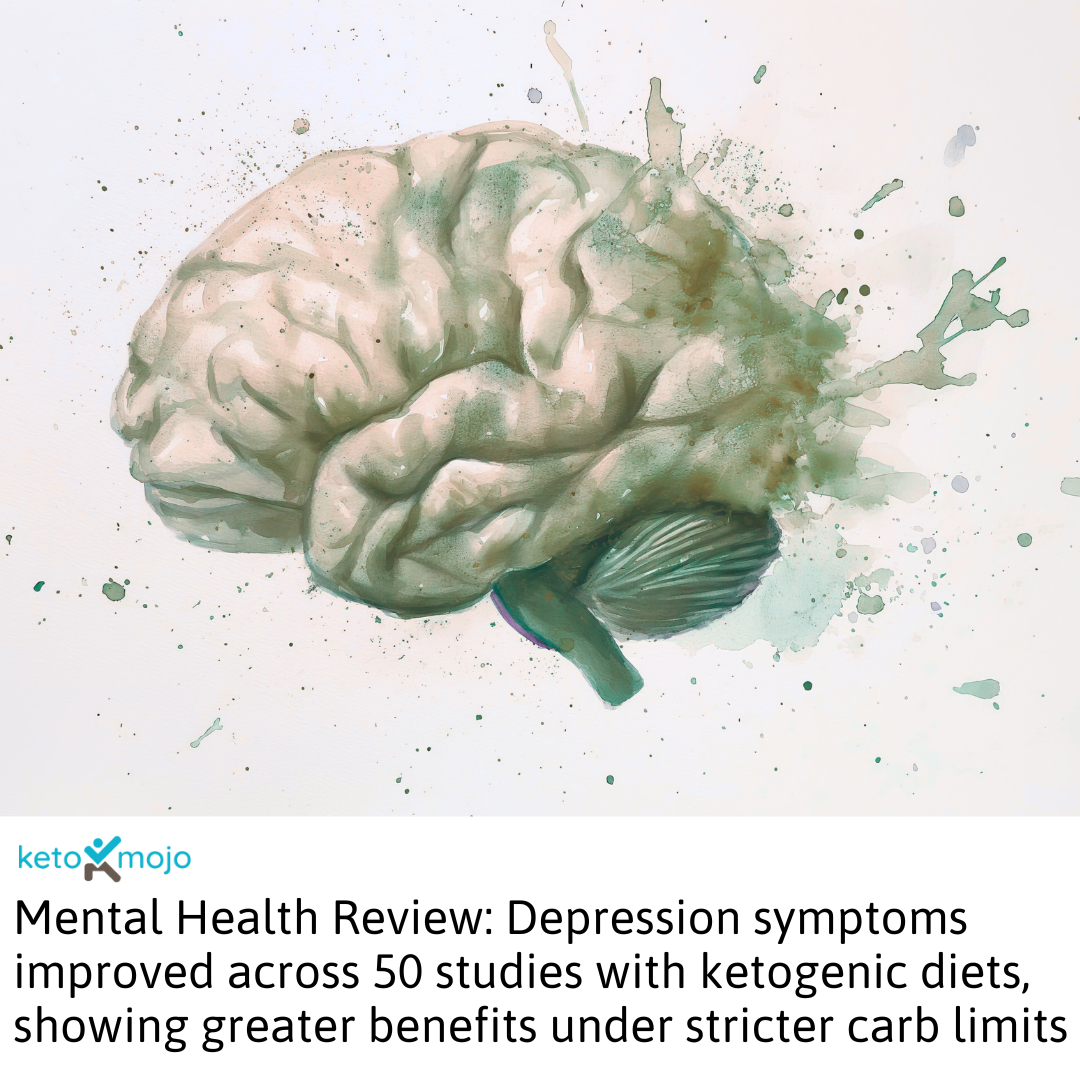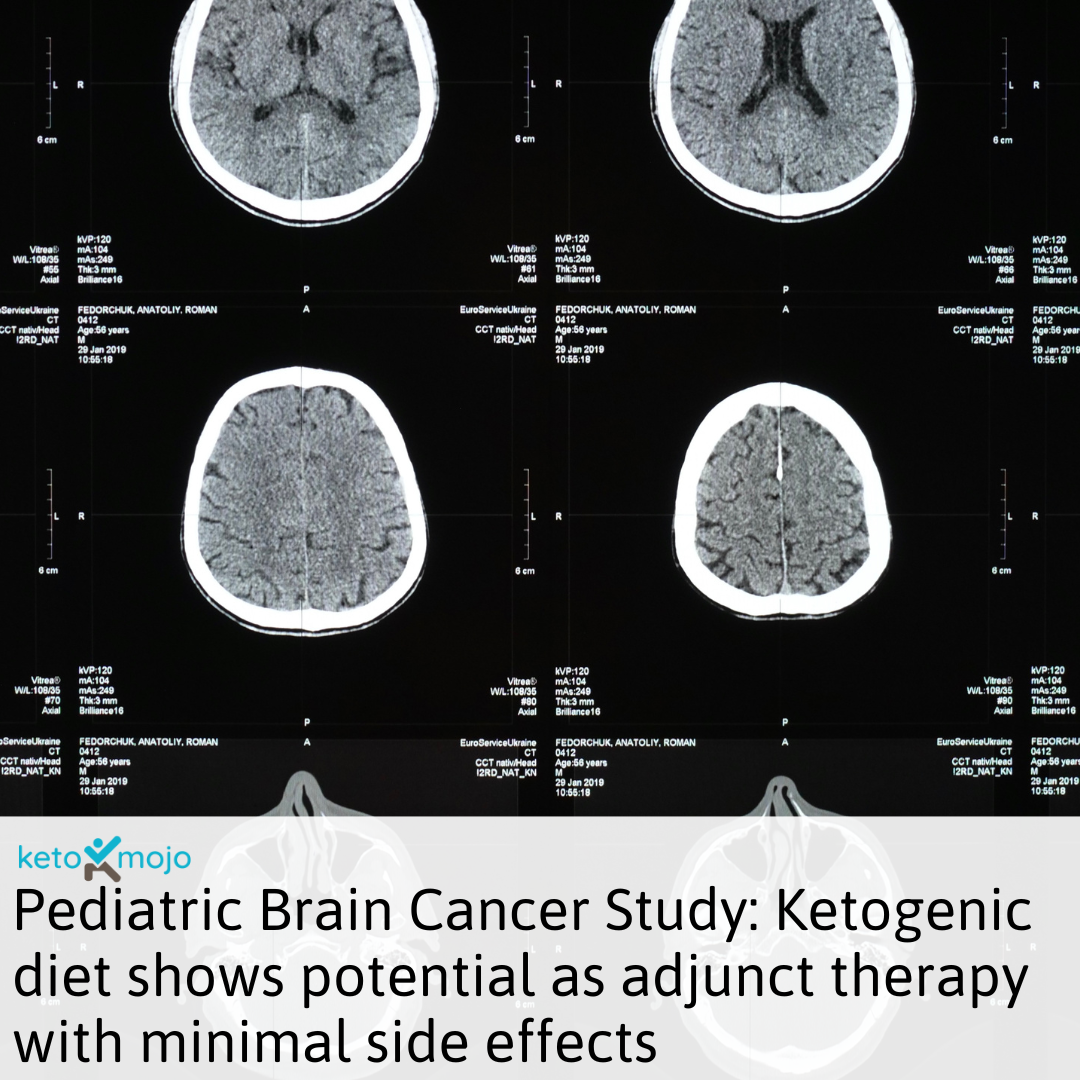Psychiatric Disorders
Ketogenic diet as a therapeutic intervention for obsessive-compulsive disorder: a case series of three patients

OCD is a chronic mental health disorder often associated with metabolic dysfunction. Emerging evidence suggests that metabolic interventions like the ketogenic diet (KD) may target underlying neuroinflammatory and neurochemical pathways.
Study Design: Three individuals with diagnosed OCD adopted a KD independently. Symptoms were retrospectively assessed using the Yale-Brown Obsessive Compulsive Scale (Y-BOCS) before and after KD implementation.
Key Findings:
- Patient 1, age 22. Diagnosed at age 4. Y-BOCS score decreased from 27 to 4. Symptoms disappeared within 2 weeks of starting KD and reappeared with high-carb foods. Maintains remission with meat, eggs, dairy, vegetables, and occasional berries.
- Patient 2, age 35. Onset after trauma at 16. Y-BOCS score decreased from 22 to 3. Saw substantial symptom reduction within 2 weeks of KD. Adherent for 3 years. Symptoms reliably return with high-carb intake.
- Patient 3, age 47. Diagnosed at age 35. Y-BOCS score decreased from 21 to 0. Achieved remission on KD, discontinued psychotropic medications, relapsed with dietary changes, and recovered upon resuming KD. Symptom-free for 7 years, 6 of which were medication-free.
These cases suggest that the ketogenic diet may provide a promising non-pharmacological treatment strategy for OCD. Controlled clinical trials are needed to evaluate its safety, efficacy, and mechanism of action in broader populations.






